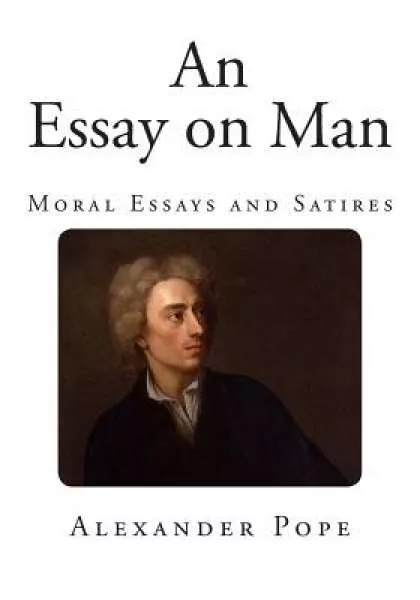
An Essay on Man
'An Essay on Man' Summary
Pope's Essay on Man and Moral Epistles was designed to be the parts of a system of ethics that he wanted to express in poetry. Moral Epistles has been known under various other names including Ethic Epistles and Moral Essays.
In its publication, An Essay on Man received great admiration throughout Europe. Voltaire called it "the most beautiful, the most useful, the most sublime didactic poem ever written in any language". In 1756 Rousseau wrote to Voltaire admiring the poem and saying that it "softens my ills and brings me patience". Kant was fond of the poem and would recite long passages from it to his students.
Later, however, Voltaire renounced his admiration for Pope's and Leibniz's optimism and even wrote a novel, Candide, as a satire on their philosophy of ethics. Rousseau also critiqued the work, questioning "Pope's uncritical assumption that there must be an unbroken chain of being from inanimate matter up to God."
The essay, written in heroic couplets, comprises four epistles. Pope began work on it in 1729 and had finished the first three by 1731. They appeared in early 1733, with the fourth epistle published the following year. The poem was originally published anonymously; Pope did not admit authorship until 1735.
Pope reveals in his introductory statement, "The Design", that An Essay on Man was originally conceived as part of a longer philosophical poem that would have been expanded on through four separate books. According to his friend and editor, William Warburton, Pope intended to structure the work as follows:
The four epistles which had already been published would have comprised the first book. The second book was to contain another set of epistles, which in contrast to the first book would focus on subjects such as human reason, the practical and impractical aspects of varied arts and sciences, human talent, the use of learning, the science of the world, and wit, together with "a satire against the misapplication" of those same disciplines. The third book would discuss politics and religion, while the fourth book was concerned with "private ethics" or "practical morality." The following passage, taken from the first two paragraphs of the opening verse of the second epistle, is often quoted by those familiar with Pope's work, as it neatly summarizes some of the religious and humanistic tenets of the poem:
Know then thyself, presume not God to scan;
The proper study of Mankind is Man.
Plac'd on this isthmus of a middle state,
A being darkly wise and rudely great:
With too much knowledge for the Sceptic side,
With too much weakness for the Stoic's pride,
He hangs between; in doubt to act, or rest,
In doubt to deem himself a God, or Beast;
In doubt his Mind or Body to prefer,
Born but to die, and reasoning but to err;
Alike in ignorance, his reason such,
Whether he thinks too little, or too much:
The chaos of Thought and Passion, all confused;
Still by himself, abus'd, or disabused;
Created half to rise, and a half to fall;
Great lord of all things, yet a prey to all;
Sole judge of Truth, in endless Error, hurl'd:
The glory, jest, and riddle of the world!
Go, wondrous creature! mount where Science guides,
Go, measure earth, weigh air, and state the tides;
Instruct the planets in what orbs to run,
Correct old Time, and regulate the Sun;
Go, soar with Plato to th' empyreal sphere,
To the first good, first perfect, and first fair;
Or tread the mazy round his followers trod,
And quitting sense call imitating God;
As Eastern priests in giddy circles run,
And turn their heads to imitate the Sun.
Go, teach Eternal Wisdom how to rule—
Then drop into thyself, and be a fool!
— Epistle II, lines 1-30
In the above example, Pope's thesis is that man has learnt about nature and God's creation through science; consequently, science has given manpower, but having become intoxicated by this power, man has begun to think that he is "imitating God". In response, Pope declares the species of man to be a "fool", absent of knowledge and plagued by "ignorance" despite all the progress achieved through science. Pope argues that humanity should make a study of itself, and not debase the spiritual essence of the world with earthly science, since the two are opposed to one another: a man should "presume not God to scan".
Book Details
Language
EnglishOriginal Language
EnglishPublished In
1733Authors

Alexander Pope
England
Alexander Pope was a towering figure in English literature, particularly during the 18th century's Augustan Age. Considered one of the greatest poets of his time, Pope excelled in satire and philosoph...
Books by Alexander PopeDownload eBooks
Listen/Download Audiobook
- Select Speed
Related books
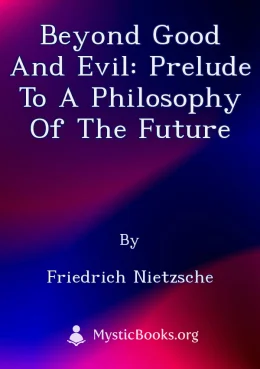
Beyond Good and Evil: Prelude to a Philosophy of the Future by Friedrich Nietzsche
'Beyond Good and Evil' is a philosophical treatise by Friedrich Nietzsche, first published in 1886. In the book, Nietzsche argues that traditional mor...
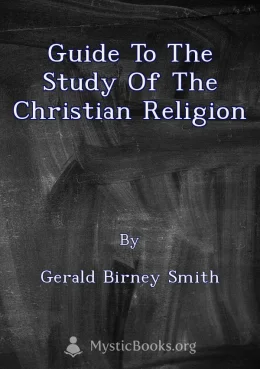
Guide to the Study of the Christian Religion by Gerald Birney Smith
This comprehensive guide offers a systematic approach to studying the Christian religion for first-year divinity students. It presents diverse perspec...
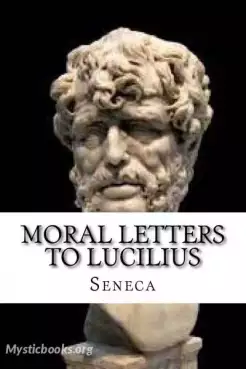
Moral Letters, Vol. II by Seneca
This is the second volume of the Letters, Epistles LXVI-XCII. Among the personalities of the early Roman Empire there are few who offer to the readers...
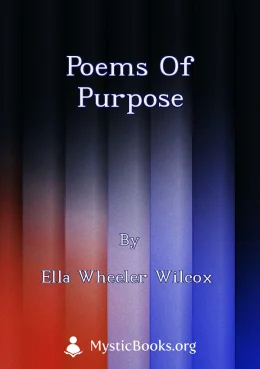
Poems of Purpose by Ella Wheeler Wilcox
This collection of poems by Ella Wheeler Wilcox explores themes of purpose, meaning, and aspiration. Wilcox's poems are known for their uplifting and...
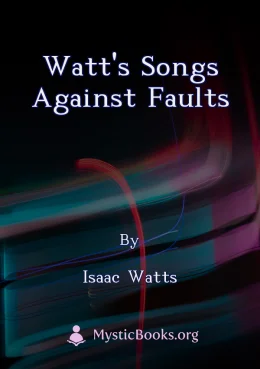
Watt's Songs Against Faults by Isaac Watts
Isaac Watts's "Songs Against Faults" is a collection of poems that offer moral guidance and encourage the development of positive character traits. Wa...
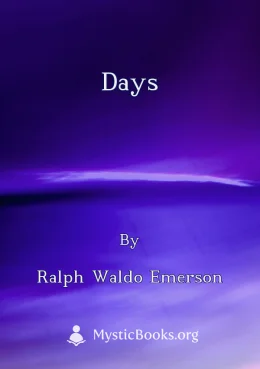
Days by Ralph Waldo Emerson
Days is a collection of 366 short essays by Ralph Waldo Emerson, each of which offers a brief meditation on a different aspect of life. The essays are...
![רעיונות [Ra'yonot] Cover image](/thumbs/image/book/rayonot-marcus-aurelius.webp)
רעיונות [Ra'yonot] by Marcus Aurelius
Meditations, originally titled 'To Himself,' is a collection of personal reflections and notes by Roman Emperor Marcus Aurelius. Written during his re...
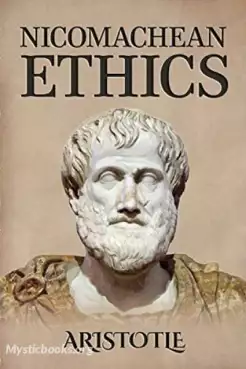
Nicomachean Ethics by Aristotle
The Nicomachean Ethics is the name normally given to Aristotle's best-known work on ethics. The work, which plays a pre-eminent role in defining Arist...
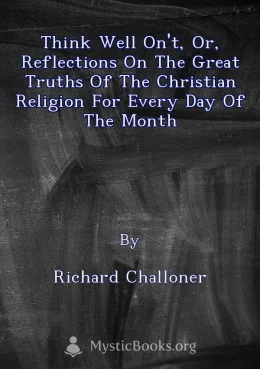
Think well on't, or, Reflections on the great truths of the Christian religion for every day of the month by Richard Challoner
This book offers daily reflections on fundamental Christian doctrines, aiming to guide readers in their understanding and practice of the faith. Bisho...
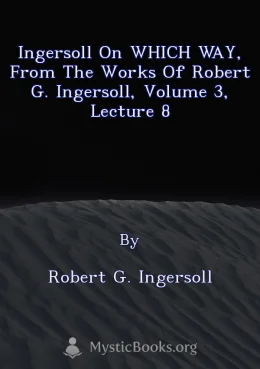
Ingersoll on WHICH WAY, from the Works of Robert G. Ingersoll, Volume 3, Lecture 8 by Robert G. Ingersoll
This book is a collection of lectures by Robert G. Ingersoll, a famous American orator and freethinker. In these lectures, Ingersoll discusses a varie...
Reviews for An Essay on Man
No reviews posted or approved, yet...